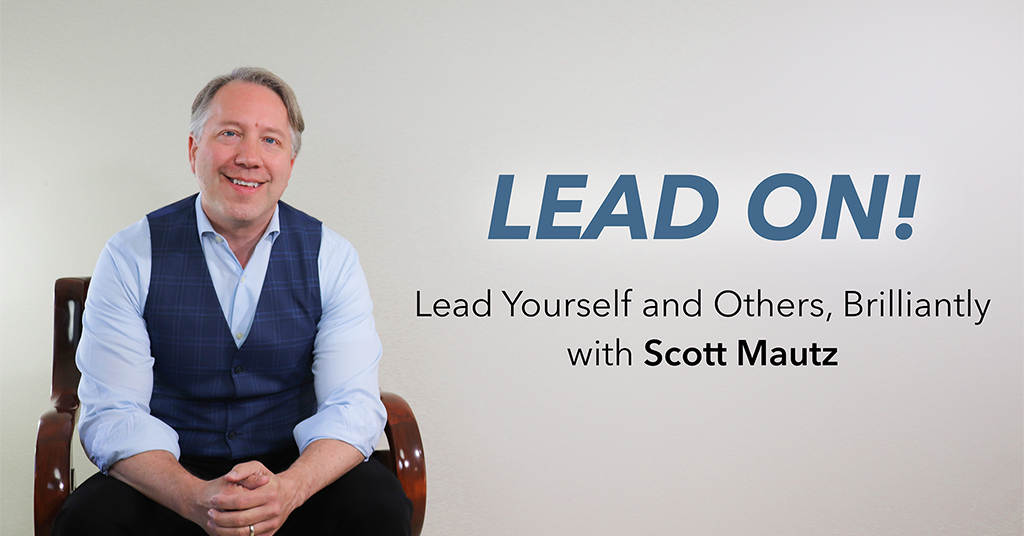
INSIGHTS (on leadership/self-leadership)
So often in life we feel pressure to figure out our path – to set a destination, draw a straight line from the here and now to the there and then, and to stay on course until we arrive. But I’d like to argue the power of the opposite for a moment – taking time to wander. To explore. To drift a bit. To not get locked into something too quick. When does this make sense?
· In your career – taking some twists and turns in your career or doing some exploration to figure out what you really want to do can be just as productive as trying to climb straight up the corporate ladder (as I discussed in this issue of LEAD ON!)
· In innovating – for my book, Find the Fire, I interviewed the CEO of an ideation/brainstorming company who told me that most companies who have trouble innovating aren’t brave enough to wander with their thinking. They keep generating ideas that are safe, staying way too close to things they’ve already done.
· In vacationing – Haven’t some of the absolute best vacation moments happened when, unplanned, you meandered into some adorable fishing village, charming park side café, or breathtaking nature trail?
I could keep going but I’ll stop with this. The next time you feel pressure to “lock-in”, or when someone criticizes your lack of focus, think of this photo-in-traffic I recently took:

IMPERFECTIONS (a mistake to avoid)
After a Baltimore Ravens game awhile back, quarterback Lamar Jackson attended the post-game press conference with a t-shirt on that boldly pronounced this painful truth:
No one cares. Work harder.
It’s all too easy to make the mistake of slipping into complaint mode, filling up your peer’s ears with all the ways you’ve been wronged or how unfair it all is. Guess what?
No one cares. Work harder.
Here’s why this is powerful, accurate advice, even if it’s harsh. Regarding the first part: In times of adversity, odds are everyone around you is going through some things, too. It’s not personal, it’s not that no one cares about you as a person. They just don’t care about your circumstances because they have their own to worry about. Regarding the second part: Think back to the last time you lashed out at others, made excuses, or played the frustrated victim. If you’re honest with yourself, and I say this with love in my heart, there’s a good chance that if you spent less time complaining and bemoaning and more time rolling up your sleeves to work harder, smarter, or just plain differently, it would have helped.
One clarification. I shouldn’t say “no one cares.” I care. And I don’t want you to fall victim to a victim mentality.
IMPLEMENTATION (one research-backed strategy, tip, or tool)
It’s common to struggle with pushing back on other’s requests to take on another project, to quick do that task for them, to bang out that one more thing for them. After all, who doesn’t want to be seen as helpful? So, you agree because it’s just easier, the path of least resistance, and because it just feels good to say “yes.” But this path can quickly lead to overwhelm. What to do?
Give a different “yes.”
Make sure you understand the request, show empathy for it, then present an alternate solution (versus you taking it on), or show support in some other way. And along the way, avoid the pushback no-no’s. Never just say “I don’t have time,” because nobody does. Never say “you,”, say “we.”




Leave a Reply